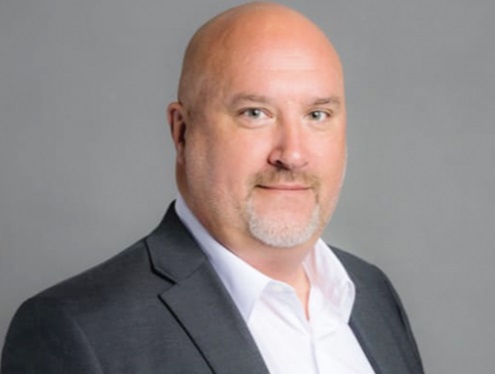
CSOs, media must campaign against vote buying — IFES
The Director, Regional Europe Office of the International Foundation for Electoral Systems (IFES), Dr Magnus Ohman, has charged the media and Civil Society Organisations (CSOs) to roll out programmes against vote buying and abuse of state resources in order to minimise their impact on the 2024 elections.
Advertisement
Dr Ohman said although some reforms were needed in the laws to check the vote-buying menace in the electoral process, particularly in internal party elections, it would take time for such reforms to materialise before the 2024 elections.
He explained that there was therefore the need to urgently start the campaign to change the behaviour of politicians and the electorate to minimise those issues.
“If CSOs and the media do not focus strongly on this issue of vote buying, and if we cannot persuade politicians and the electorate to behave differently, then I think there is a significant risk that money will play a bigger role in the run-up to the 2024 elections,” he emphasised.
Dr Ohman, who is also the Senior Political Finance Adviser of IFES, a global non-partisan organisation based in Arlington, Virginia, in the United States of America, with its local office in Ghana, made the recommendations in an interview with the media in Accra last Tuesday.
This was at the end of a two-day non-residential capacity-building workshop for 29 participants drawn from the media, CSOs, human rights and community-based organisations; religious charity institutions, private sector, youth and women’s groups.
The workshop equipped participants with the requisite knowledge, tools and skills to advance greater integrity and accountability in the political and general electoral space.
The goal was to enable them to develop action-driven advocacy strategies and techniques to successfully monitor, prevent or expose corrupt practices within the country’s public and private sector.
It was organised by IFES, with support from the United States Agency for International Development (USAID) under its Political Accountability Activity (POLA) programme and the Consortium for Elections and Political Process Strengthening (CEPPS), a non-profit organisation that focuses on building resilient, inclusive and accountable democracies.
Dr Ohman further suggested that the country must get to a point where the electorate would not respond to activities of vote buying and abuse of state resources in the electoral process.
“For those of us who work on the issue of abuse of state resources, we generally assume that if one party is in power for a very long time, then the issue is very difficult to deal with, while if power changes hands between political parties over several elections then we expect things to get better” he stated.
Disappointment
He, therefore, expressed his disappointment that over the years in the country's democratic dispensation, Ghana had not effectively addressed the issues of vote buying and abuse of state resources in the electoral process.
“I have to say personally that I am a bit disappointed that things have not got better in Ghana.
The situation in other countries is also very difficult but largely it had to do with poverty.
“When people are poor it is difficult to persuade them not to accept vote buying in the electoral process.
It is an issue that will lead to long-term problems for the country,” he further observed.
On corruption, he said, “there is great interest and momentum to fight corruption in the country more than it has been for many years ago and whether that will translate into actual change in law and behaviour remains to be seen, perhaps a year from now we will see.”
“Everyone must keep an eye on the long-term impact of vote buying vis-a-vis abuse of state resources and if those issues are not addressed urgently Ghana will be in the same situation and will have the same discussion 20 years from now and things will not change unless we really work hard to change them,” he added.
he Executive Director, Africa Centre for International Law and Accountability (ACILA), William Nyarko, for his part, observed that vote buying increased the cost of politics and recent experiences and facts gathered in the primaries and other internal elections held by the two major political parties, the New Patriotic Party (NPP) and the National Democratic Congress (NDC), suggested that the issue was worrying.
He, however, explained that “the current laws against vote buying arguably applied to the presidential and parliamentary, as well as District Level Elections, and not intra-party elections and so that is a gap in the law”.
Advertisement
That, he said, called for an amendment of the Political Parties Act as part of the electoral reforms, stressing, however, that it may not be possible before the 2024 elections.
“Citizens must understand that vote buying is a demand and supply situation when delegates take monies from candidates, they will supply them and when he or she gets into office they will in one way or the other take it back.
“One of the ways we can deal with this outside the legal system is really to open up primaries to all card-bearing members of the political party.
That will require that the state takes up the cost of holding the elections,” Mr Nyarko added.
Advertisement




